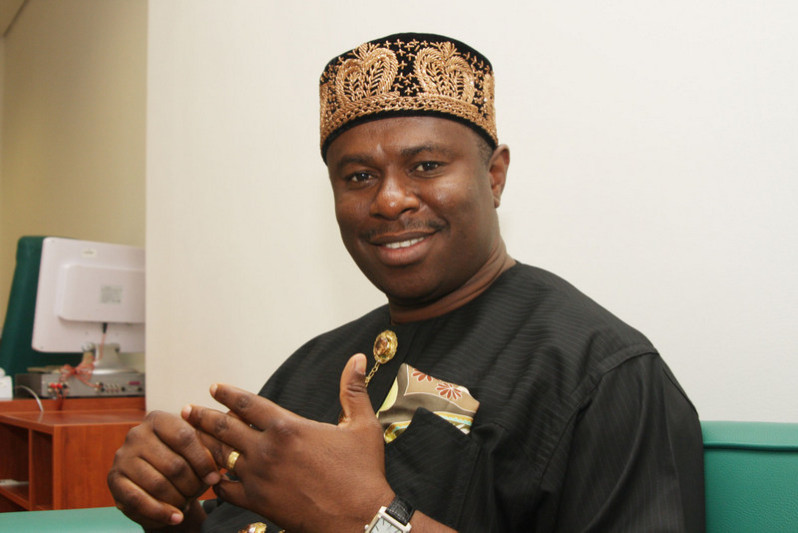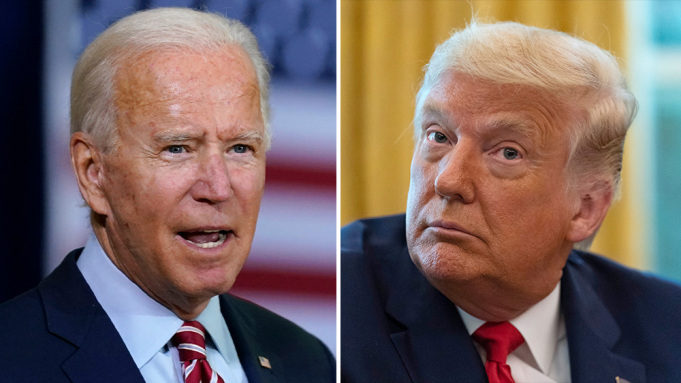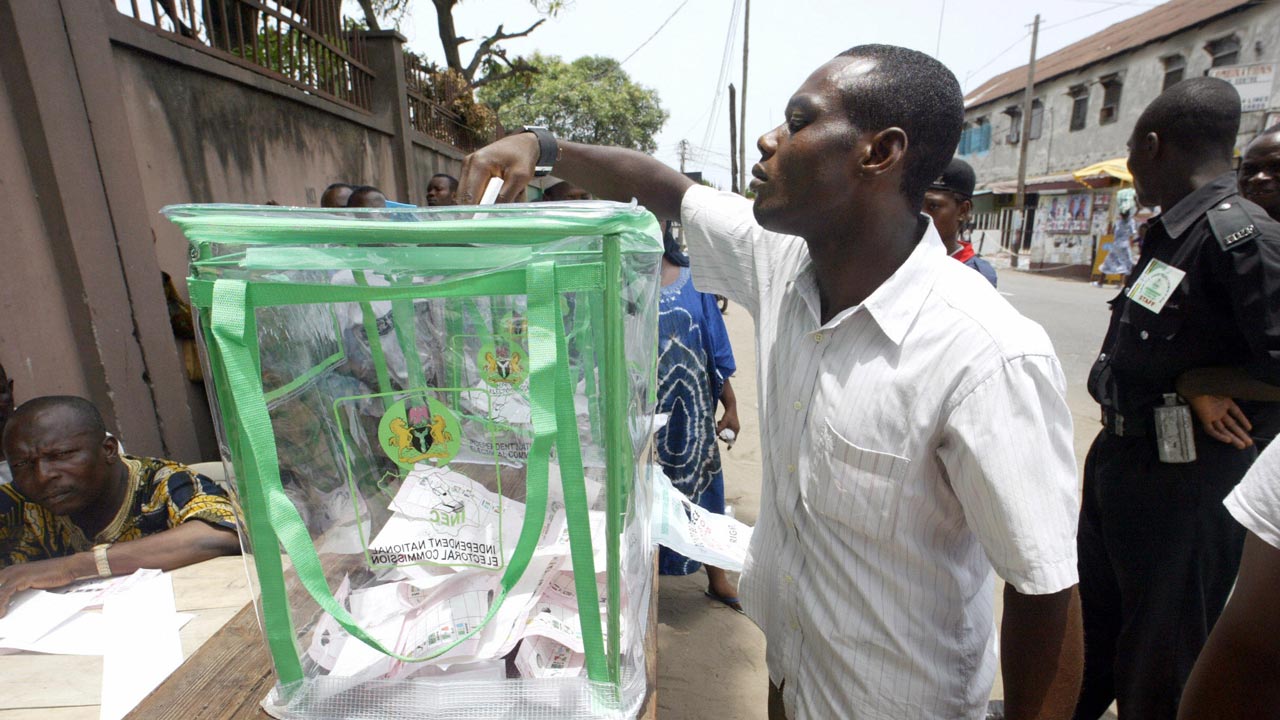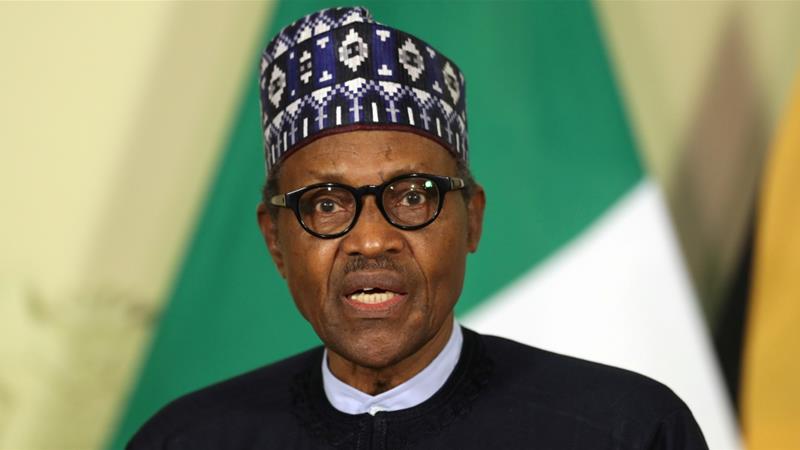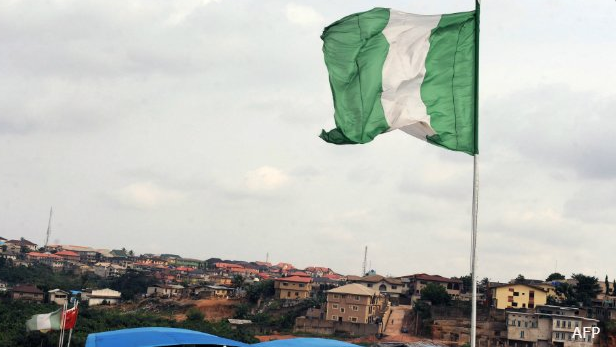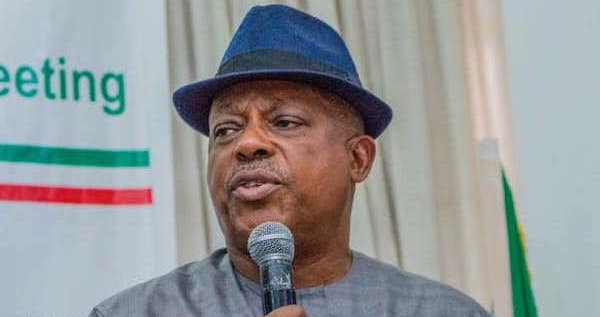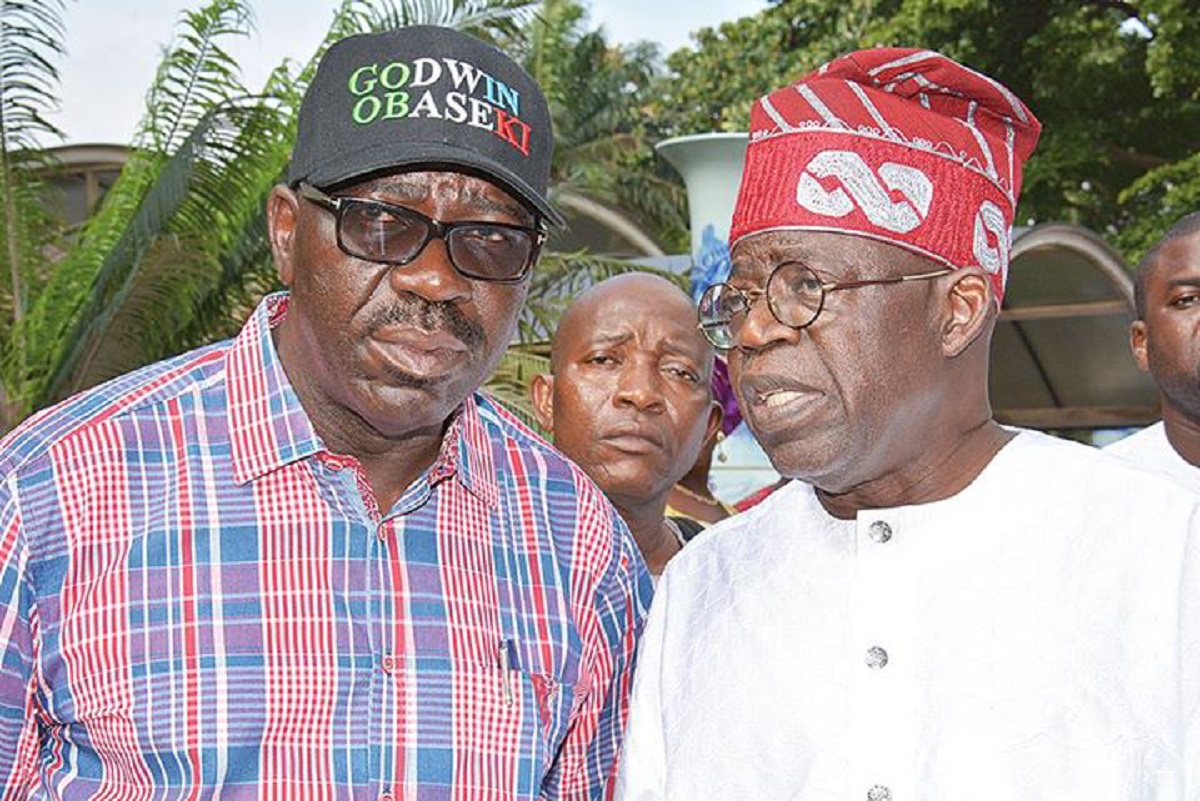By Dakuku Peterside
“Never has man reached his destination by persistence in deviation from the straight path.” – Mahatma Gandhi.
It was apparent to some from the outset when he declared his intention to run for the office of the President of the United States of America that Donald J. Trump lacked character. He lacked the moral values of a town union leader, let alone the ‘leader of the free world’, the most powerful man in the world.
The United States Republican Party, known for it’s conservative principles and family values, was aware of the egregious stories around Trump’s personal and business endeavours. For a man who likes attaching his name to his business ventures, who had so many failed business ventures, it is surprising that he had enough ‘brand equity “to be a populist politician.
Before they overwhelmingly voted for him as President on November 8, 2016, most American Christians have heard the ‘Access Hollywood’ tape on which Donald Trump boasted of forcing himself on women, about his habit of sexually assaulting women. The GOP was aware of Trump’s racist credentials. They knew that he spearheaded the Birtherism Movement against Barack Obama. He expounded the insane conspiracy theory that he was not born in America.
Trump did not pretend to have any modicum of decency or that he was a committed democrat. He levelled insults at his opponents during the Republican Presidential Primaries in 2016, he lied without compunction, mocked a disabled reporter, and shattered all forms of decorum . During the presidential contest, he refused to commit himself to concede the election in the event of a loss. He insisted that he would only accept the results of the election if he were the winner.
It was all politics, and the United States Republican party was only interested in capturing political power. Trump exploited the anti-immigrant fears of the American dominant Caucasian population and quite a percentage of Americans were tired of politicians and admired the anti-establishment candidate who promised to shatter the norms and ‘drain the swamp.’ Trump, the billionaire, positioned himself as a fighter for the oppressed Americans; however, many of his countrymen were swindled despite the paradox.
As President, most of Trump’s policies anchored on the themes’”America First”and “Make America Great Again”shattered norms. His immigration policies were blatantly racist as they targeted poor and Muslim countries. Trump placed a ban on seven Islamic countries from entering the United States – Iran, Iraq, Libya, Somalia, Sudan, Syria and Yemen. Saudi Arabia was not on the list even though most of the terrorist that blew up the World Trade Centre in the infamous ‘9/11’ debacle were Saudis. None of the citizens from the counties placed under Trump’s travel ban had ever committed an act of domestic terrorism in the United States.
In the diplomatic arena, Trump pulled the United States out of the Iran Nuclear Deal and the Paris Climate Accord. He riled other North Atlantic Treaty Organisation (NATO) members and issued a travel ban on some of the International Criminal Court (ICC) judges. Trump cuddled up to dictators and threw insults at fellow leaders. He famously called Africa a ‘shithole’ and reportedly disparaged President Muhammadu Buhari before his assistants during the latter’s diplomatic visit to the White House.
Little wonder many people had cause to look up to German Chancellor, Angela Merkel as ‘the leader of the Free World’, a term customarily accorded every US President.
However, Trump lacked the moral character to be President of the United States of America. His traducers consider him as an embarrassment to Western civilisation. This lack of character later became his Achilles heels.
When he lost the 2020 Presidential elections to Joe Biden by huge margins – 7 million-plus popular votes and 74 Electoral College votes, he would have gracefully conceded as every American President in the past had done. In this way, he would have left office proudly with some remarkable achievements and his supporters would always revere him, even many who never liked his style.
But, as a braggadocio demagogue, Trump continued to expound silly conspiracy theories to explain away his apparent electoral loss. He propagated lies, used insults and intimidation against American public servants overseeing the electoral process for merely doing their jobs and refusing to bend to his dubious will.
Even when his legal team lost over 63 court cases, and judges he appointed faulted his absurd legal filings, he continued to deceive his followers that somehow, he would continue in office for four more years.
Trump did not care that his dubious antics cost his party control of the Senate, removing the last bastion of check his party would have had on the incoming Biden administration. He was only concerned with his grievances, his slippery, futile battle to cling on to the presidency.
A power-drunk Trump called his followers to the US capital on January 6 to intimidate the legislators at the Capitol into upturning the American public’s will, something that would have ended the US as a constitutional democracy. He tried to intimidate his ever-loyal Vice President into exercising powers the latter did not have. He insulted Mike Pence, decried his deputy’s lack of courage, and tried to turn his deranged ‘MAGAites’ against the Senate’s ceremonial President.
It should not be unexpected that Trump’s long indoctrinated followers felt they owed it a duty to their supposed demigod to teach the legislators who were trying to take power away from their leader a big lesson. So, they stormed the legislative building, sacked the lawmakers, and desecrated one of the most sacred edifices of democracy on earth.
Now the ’emperor’ is naked, and the long knives are entirely out. There are mass resignations, all-round condemnation, talks about invoking the 25th Amendment (through which members of his cabinet can remove a president on the grounds of incapacitation), looming unprecedented 2nd impeachment, bipartisan calls for his resignation and the sudden death of ‘Trumpism’ as a serious political movement.
The Trump presidency will forever be defined not by the Christian-friendly posturing, anti-immigrant sentiments and policies, the tax cuts, the three conservative Supreme Court judges, the vast rallies or the enormous lies, bombastic talks, inane exaggerations, or unbridled insults but by the horrible events of January 6, 2021. A date when he egged on his followers to embark on an insurrection against America’s elected representatives. His name will be mired in infamy forever.
The events of the past three months in America underscores the importance of 2 ingredients of democracy. One is the importance of strong institutions. The second is the importance of the character of a leader.
US institutions withstood the onslaught and barrage of assaults from Trump’s political machinery and his cronies. The judiciary threw out over 63 court cases. All the states certified the election results even when Trump called on some Republican States to rescind. Even when Trump’s mob attacked the holy chambers, the legislature stood its ground to complete its traditional function of accepting the electoral college results. The Georgian governor, the Vice President, and many republican officials stood their ground against Trump and his family members’ threats if they fail to do their bidding stalling the democratic process. Both institutions and actors in the political space allowed democratic principles to prevail against all odds.
The lesson for Nigeria is that we must build strong institutions that can survive any onslaught by a radical political juggernaut or demagogue. Strong institutions make strong democracies. Imagine if one judge in one federal high court has issued a court injunction against the election, the drama and lies and subterfuge would have continued in the US. We remember that one of the reasons given for the annulment of the ill-fated June 12, 1993, election was the court injunction gotten by an obscure group stopping the votes’ counting. In times of crisis, institutions should be guarded by national interest and democratic principles. Now is the time to strengthen these institutions to be in a good position to withstand pressures in future.
Character is essential in leadership. Trump’s lack of good character has finally undone him. His despicable place in infamous history is assured. However, people know about his character and did not think it matters before voting for him.
Character is everything! Leaders with lousy character will eventually ruin the system or tarnish the image of the country. It does not matter how skilful or knowledgeable they are as leaders. Never in Nigeria’s democratic future should we fail to examine the character of whoever wants to lead us, nor ignore the evil nature of would-be leaders and vote them in. It will come back to haunt us. If there is proof of corruption, laziness, habitual lying, and tendency to be authoritarian for any would-be-leader, they must not be allowed any leadership position. Ignoring these traits in a leader will only spell doom for the country.
The US is not only embarrassed by the events of the past few months, but they have lost the moral authority as the beacon of hope for democracy. How will the US have the audacity to question undemocratic actions and inactions in other countries? How will it, in all honesty, preach democracy to the world? Little wonder some described the events of the past few days as the death of democracy as we know it. We hope that Biden will restore brand USA as we have always known it and that The US will continue to lead western civilisation to greater heights.
Events of the past few days have shown that no democracy is perfect. It is a work in progress. Local actors and local circumstances define and reify the potency of the democratic system. However, the tenets and principles of a democratic system should be upheld at all cost no matter the political players or atmosphere. This saved American democracy at the end of the day. Men and women of goodwill in various institutions and non-governmental structures stuck to defending democratic values no matter Trump’s pressures. Nigeria must force democratic tenets and principles into the fabrics of our political culture, and all stakeholders must dedicate to adhering to them and protecting them when under attack.

